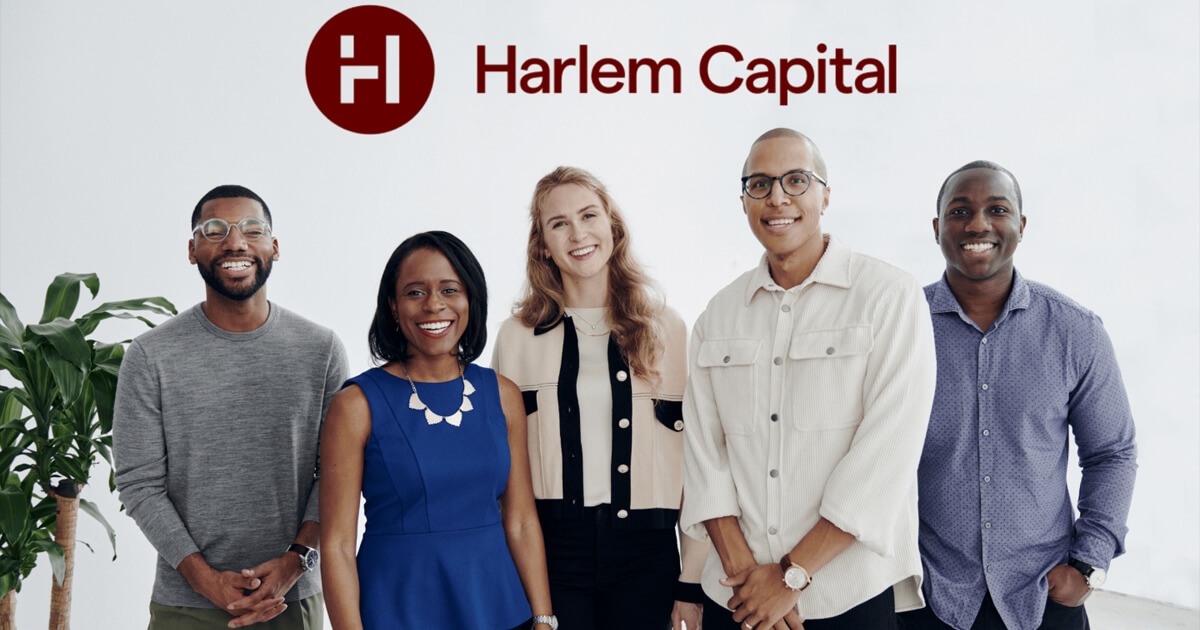Harlem Capital has raised a second fund totaling $134 million, bringing on large investors like Apple and PayPal and returning investor TPG Capital. Notably, the second raise came together much quicker than the first: in the wake of the racial equity movement catalyzed by George Floyd’s murder, the Black-owned venture firm raised more than 3X the amount of funds in a matter of five months, compared the more than a year it took to raise their much smaller $40 million initial fund in 2019.
You won’t know what is real versus theatrical until two or three years from now, Henri Pierre-Jacques, cofounder and managing partner of Harlem Capital, said in a recent interview with Forbes. Since last year the Black venture and founder community has had to be wary of ‘guilt funding,’ investors funding to a fad in this highly racialized moment. But with the raise, Harlem Capital has come out on top in a few ways.
The 45 investments the firm will make from the $134 million raise will cut larger checks to founders and take a bigger equity stake than their first fund. Checks to founders averaged $750,000 to $850,000 and took around 8.5% of ownership in funded companies. The seed-stage checks from the second fund’s checks will range from $1 million to $1.5 million and take a 10%-12% ownership stake. With funds flowing freer now and increased equity, the firm is in a better position to fund Black, brown and women founders.
91% of Harlem Capital’s portfolio of companies are led by founders from underrepresented groups. We want to see investing happen, we want to see real dollars move out of core funds. We think having a side-car vehicle isn’t exactly what we consider to be real, meaningful change, Pierre-Jacques said. Jarrid Tingle, cofounding managing partner and Pierre-Jacques said Harlem Capital’s investments from the new funds will focus on e-commerce, enterprise software, fintech, HR tech, property tech and wellness.
Raising a second fund so quickly after the first was in part due to the racial equity movement. The mission-driven firm was able to cash in on the momentum of the movement. While funding to Black founders in 2020 held steady at 1%, high profile raises by firms like Harlem Capital and MaC Ventures may improve odds for Black founders this year.
We’re focused on hiring or wiring, actually hiring people or wiring money, Tingle said.








